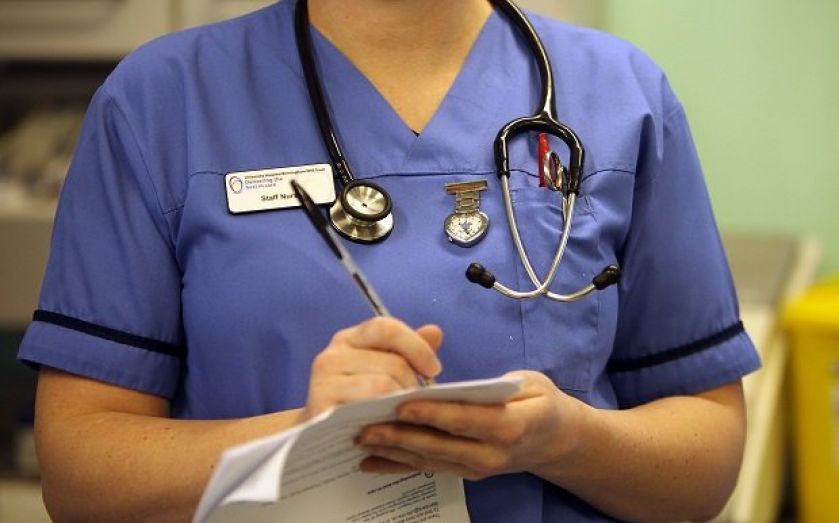NHS funding should target the old for tax hikes and benefit cuts, says report

Higher earners over the age of 40 should be targeted for "critical needs taxes" if the UK is to keep up with demands from an increasingly strained NHS, a new report has said.
Charges and private insurance were rejected as possible solutions by the report, compiled by a commission within charity the King's Fund.
"We recommend on the grounds of equity, affordability and inter-generational fairness that at least some of the extra revenue to pay for the large-scale improvements that we seek should come from the group that will be among the biggest beneficiaries of the changes, namely the older generation and particularly its more affluent members," the report said.
The report suggests that National Insurance contributions should increase by 1 per cent for people earning £42,000 or more once they hit 40. Those who soldier on working past the state pension age – who currently do not pay any NI – should be made to contribute, albeit at a reduced rate.
This may not be the only tax increase higher earners will be expected put up with to maintain a publicly-funded NHS and social care system. The report concludes that a comprehensive review of wealth taxation is needed to explore the options to fund services in the future.
Age UK's charity director, Caroline Abrahams, said she "fully supported" the proposal for an integrated health and social care system.
"For too long policymakers have failed to grasp this nettle and the result is the fragmented, underfunded health and care services we see today", she said.
The report lays out in stark terms the funding challenges facing the NHS: namely, health and social care spending are forecast to reach between 11 and 12 per cent of GDP by 2025. The recommendations are designed to cover the £5bn needed to improve social care entitlements.
How realistic a purely publicly funded healthcare model is going forward is certainly debatable. Higher taxes will do little to tackle the productivity problems facing the healthcare sector. As Ryan Bourne, head of public policy at the Institute of Economic Affairs (IEA) has pointed out, if health productivity grows at just one per cent each year, the Office for Budget Responsibility calculates that public debt would rise to 211 per cent of GDP by 2062-63.
However, the report's focus was not just on funding but also the structure of how health and social care are delivered. Other recommendations included a single budget for health and social care, with one commissioner for NHS and social care local services.
Dame Kate Barker, who led the commission, said: "Our system is not fit to provide the kind of care we need and want
"We propose radical change, greater than any since 1948, that would bring immense benefit to people who fall between the cracks between means-tested social care and a free NHS."